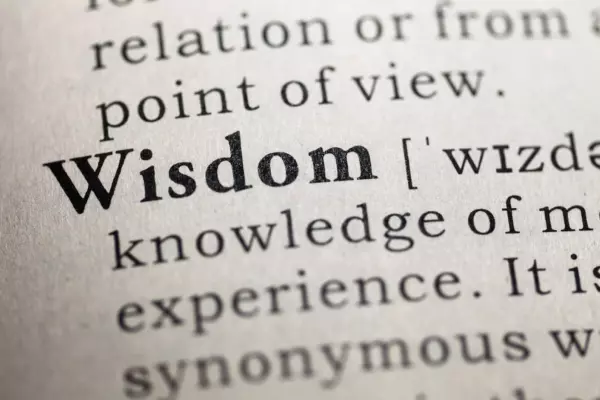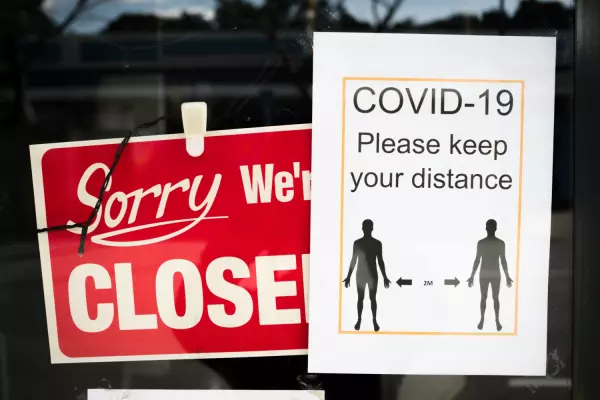More than half of New Zealand's workers are struggling with burnout after two years of the covid-19 pandemic, which has blurred the lines between work and home for many people.
A survey of 1,012 workers by workplace management platform, Employment Hero, showed 53% of respondents are struggling with burnout – with 18-to-35-year-olds feeling the biggest brunt – and a further 18% were undecided on whether they’d reached the end of their tether.
Just 29% said they were sure they hadn’t burned out.
"Mental health struggles and burnout, for many of us, have been more of a reality than ever before,” Employment Hero's chief people officer, Alex Hattingh, said.
'Total uncertainty'
The 2022 Wellness at Work Report said those findings weren’t a surprise given the stresses triggered by the pandemic on people’s jobs, income and general wellbeing over the past two years.
“Dealing with the anxiety of total uncertainty that comes with a global pandemic is territory none of us have ever navigated,” the report said.
The report showed people fretted over the repercussions of telling their employers about their mental health concerns, with more than a third – 36% – saying they’d avoided reporting ill health for that reason, and 37% saying they didn’t know how to approach their manager or human resources department.
Staff often found barriers to accessing support for mental health from their employers, with 44% of respondents feeling uncomfortable discussing mental health in the workplace, and 42% saying their company had no budget for mental health support.
Almost half of the respondents said it was harder to have a conversation with their manager about mental health when that manager worked remotely, and while the risk of burning out was reduced for people who worked from home, there was a flipside in that people’s health could deteriorate without getting noticed.
“The journey from poor work-life balance to burnout, through to low productivity are clear,” Hattingh said. “Protecting your employees from burnout and fostering a sense of balance will see a boost to productivity.”
'Stressed about money'
The report pointed out that money is a key risk to people’s stress levels, with job insecurity, pandemic uncertainty and “skyrocketing inflation” among those chief concerns.
“Kiwi employees are worried about their finances with 62% reporting they were stressed about money,” Hattingh said.
About 42% of respondents felt their pay was above the national average, and 53% said they felt their pay was fair.
Almost half the workers surveyed – 47% – said they felt uncomfortable when it came to discussing their finances with their employer while 40% felt comfortable initiating the discussion.
The survey highlighted the persistence of the gender pay gap, with women 20% more likely to say their pay was below average, and men 18% more likely to say their salary was above average.














